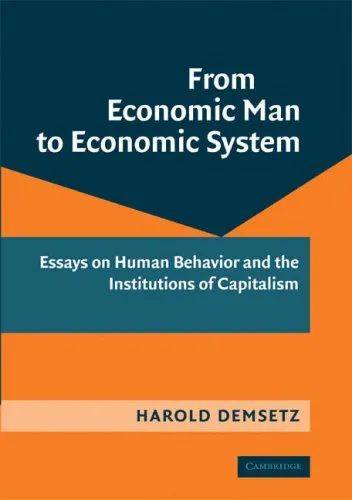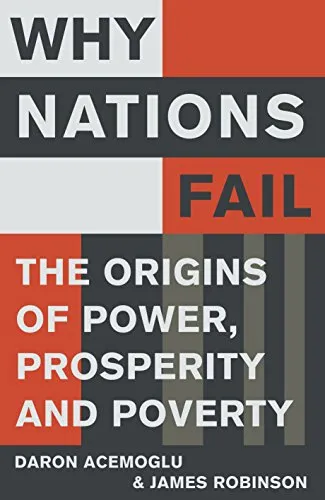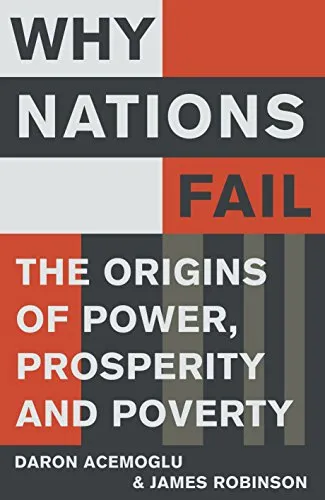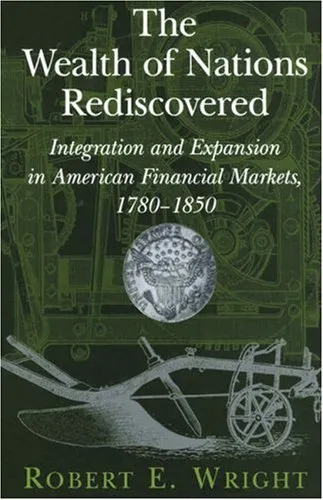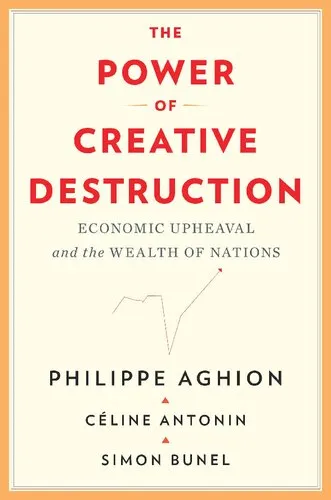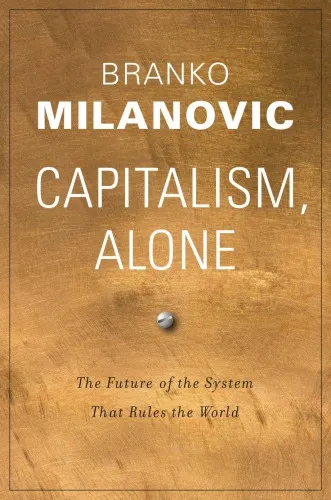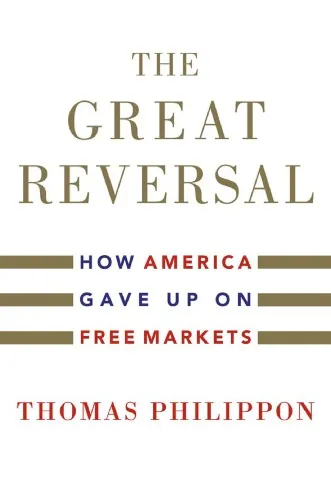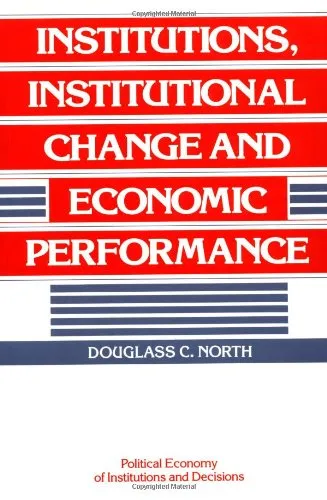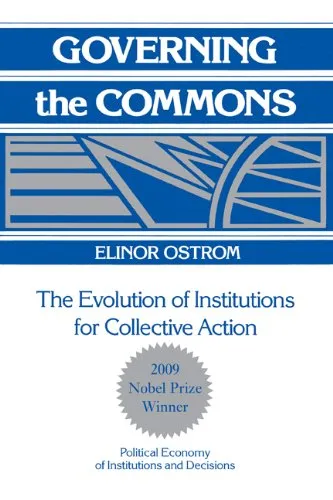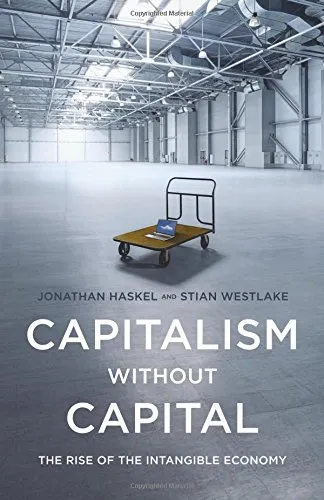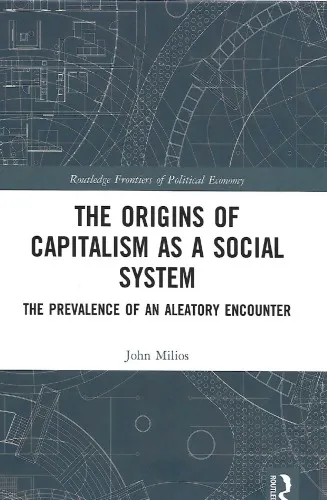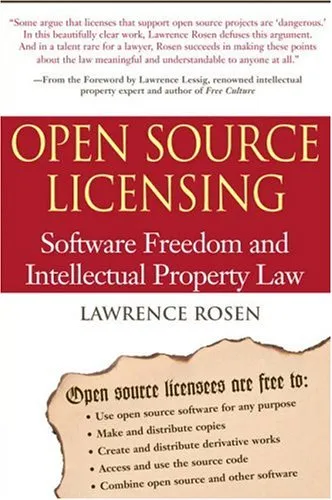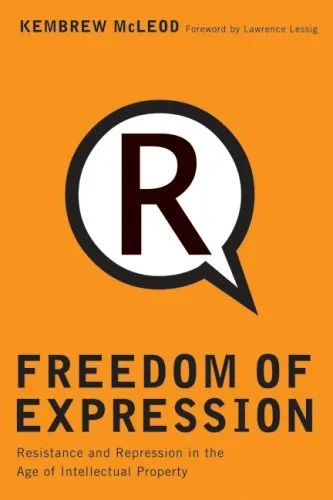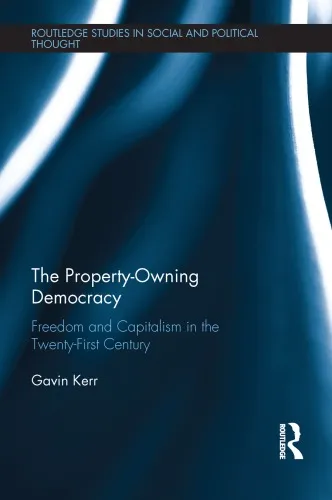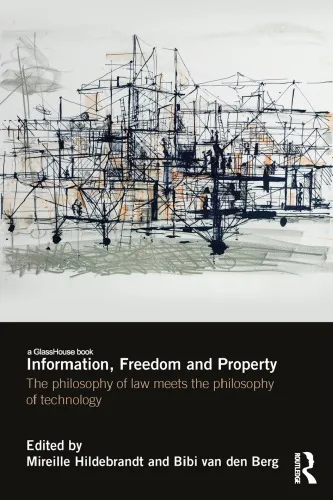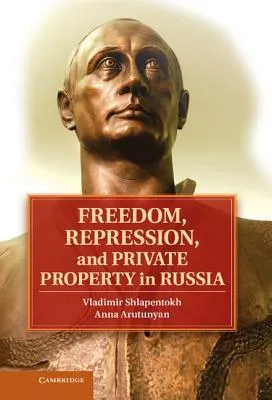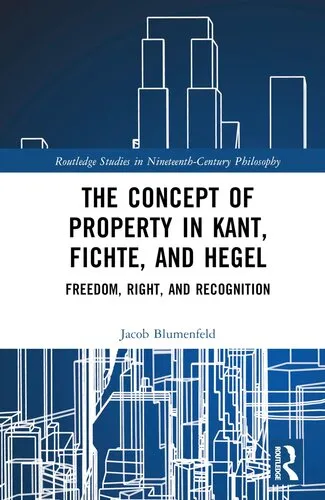From Economic Man to Economic System: Essays on Human Behavior and the Institutions of Capitalism
4.5
Reviews from our users

You Can Ask your questions from this book's AI after Login
Each download or ask from book AI costs 2 points. To earn more free points, please visit the Points Guide Page and complete some valuable actions.Related Refrences:
Introduction to "From Economic Man to Economic System: Essays on Human Behavior and the Institutions of Capitalism"
"From Economic Man to Economic System: Essays on Human Behavior and the Institutions of Capitalism" is a compelling exploration of human behavior and the foundational institutions that define modern capitalism. Authored by distinguished economist Harold Demsetz, this book challenges conventional theories of economic behavior, offering fresh perspectives on how individuals and institutions interact to shape market systems. Through a series of insightful essays, the book takes readers on a journey from traditional economic models to a deeper, more nuanced understanding of the mechanisms that govern human decision-making and resource allocation in capitalist societies.
By delving into the complexities of economic systems, Harold Demsetz questions the classical assumptions of "Economic Man" – the rational, utility-maximizing individual – and instead emphasizes the roles of bounded rationality, cultural norms, and institutional frameworks. The essays are meticulously crafted to bridge the gap between theoretical economics and real-world phenomena, making the book indispensable for students, academics, and anyone curious about the intricacies of capitalism.
Detailed Summary of the Book
The book is divided into several essays that collectively explore the evolution of economic thought from classical theories to modern frameworks that account for institutional dynamics. Demsetz begins with an examination of the concept of "Economic Man," a construct that serves as the foundation of traditional economic theories. He critiques its simplicity and lack of realism, pointing out how human behavior often deviates from the rational models typically assumed by economists.
The subsequent essays delve into the role of institutions in shaping economic outcomes. Institutions, according to Demsetz, are the rules and norms that govern societal behavior, and they play a pivotal role in reducing transaction costs, fostering cooperation, and enabling markets to function efficiently. The author explores topics such as property rights, contractual arrangements, and the emergence of social norms, emphasizing how these elements influence economic productivity and social welfare.
One of the central themes of the book is the relationship between competition and regulation within capitalist systems. Demsetz critiques the tendency to oversimplify the dynamics of competition, highlighting the importance of dynamic efficiencies rather than static models of perfect competition. He also addresses the unintended consequences of regulation, arguing that well-intentioned policies often produce suboptimal outcomes due to their failure to align with actual economic behaviors and institutional realities.
Overall, the book provides an intellectually stimulating and comprehensive overview of how human behavior, institutional frameworks, and market dynamics interact to create the economic systems we observe today.
Key Takeaways
- Economic models must account for the complexity and imperfect rationality of human behavior.
- Institutions are critical in shaping economic outcomes by reducing transaction costs and encouraging cooperation.
- Dynamic competition is far more important than static notions of perfect competition for fostering innovation and growth.
- Well-designed property rights and contractual arrangements are essential for efficient resource allocation in capitalist systems.
- Not all regulations lead to societal benefits; policymakers must carefully assess the broader implications of their interventions.
Famous Quotes from the Book
-
"Markets are not perfect institutions, but they outperform all others in allocating resources efficiently."
-
"The assumptions of economic man strip away the very elements that make humans fascinating: our unpredictability, our institutions, and our innovations."
-
"Competition is not the absence of power; it is the interplay of forces vying for advantage in a dynamic economy."
Why This Book Matters
"From Economic Man to Economic System" stands out as a crucial contribution to economic literature because it bridges the gap between theoretical models and practical realities. Harold Demsetz challenges readers to move beyond the theoretical elegance of simplified economic models and embrace the complexity of actual human behavior and institutional frameworks. The book is not only a critique of classical assumptions but also a roadmap for understanding how capitalist economies function in the real world.
This book matters for anyone interested in economics, from students seeking to grasp foundational concepts to policymakers looking for nuanced insights into the consequences of their decisions. Its emphasis on institutions and human behavior as central to economic outcomes provides a refreshing lens for rethinking economic theories and practices in the 21st century.
More than just a collection of essays, the work provides a deep appreciation for the adaptability and resilience of capitalism while remaining critical of its shortcomings. It encourages readers to engage thoughtfully with the economic systems that shape their lives, making it a timeless and essential read.
Free Direct Download
You Can Download this book after Login
Accessing books through legal platforms and public libraries not only supports the rights of authors and publishers but also contributes to the sustainability of reading culture. Before downloading, please take a moment to consider these options.
Find this book on other platforms:
WorldCat helps you find books in libraries worldwide.
See ratings, reviews, and discussions on Goodreads.
Find and buy rare or used books on AbeBooks.
1432
بازدید4.5
امتیاز0
نظر98%
رضایتReviews:
4.5
Based on 0 users review
Questions & Answers
Ask questions about this book or help others by answering
No questions yet. Be the first to ask!
